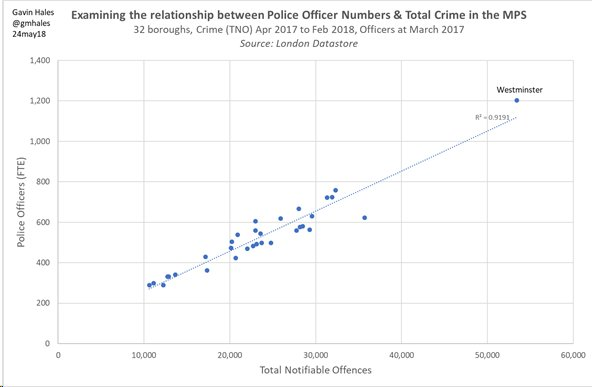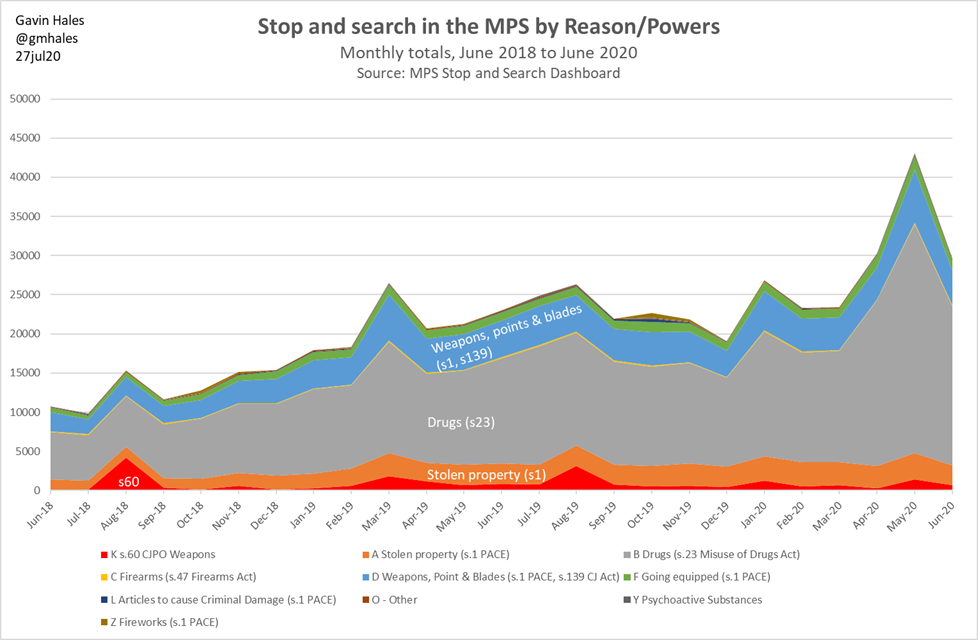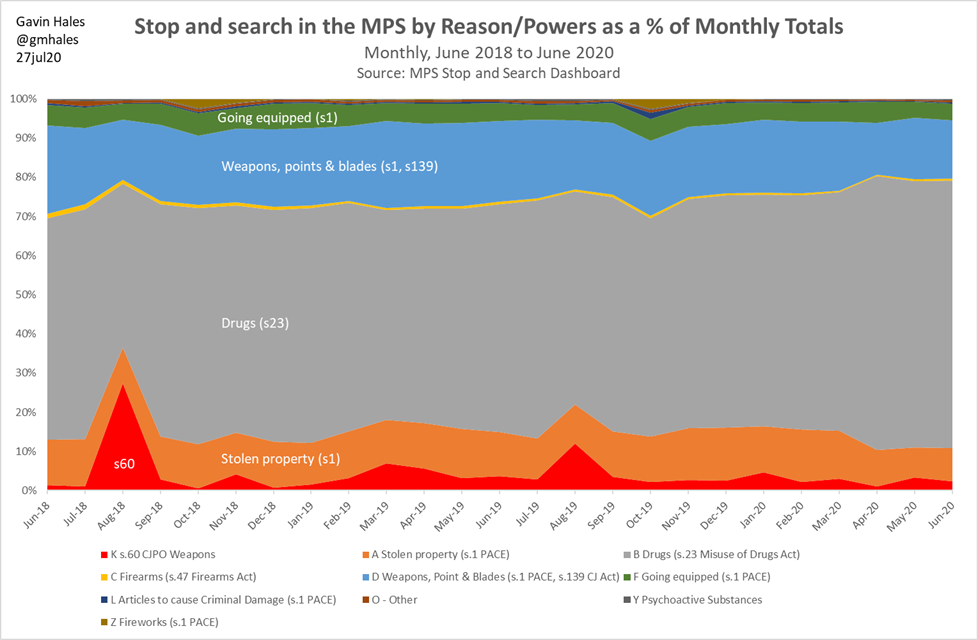
I have a question about DASH forms, and wonder if someone can help?
If police respond to an allegation of rape, and the victim/complainant and suspect are in a domestic relationship, is a DASH assessment conducted?
1/
If police respond to an allegation of rape, and the victim/complainant and suspect are in a domestic relationship, is a DASH assessment conducted?
1/
Why am I asking? Because in the context of understanding the police recording of rape, I'm trying to work out if it is possible to identify the % of rapes reported via DASH forms, secondary to a different primary allegation of domestic abuse/violence.
2/
2/
For context: around 1/3 of police recorded rape allegations relate to domestic relationships. I'm told many are recorded after being disclosed during DASH assessments.
Eg police respond to a domestic assault, conduct a DASH assessment, the victim discloses a previous rape.
3/
Eg police respond to a domestic assault, conduct a DASH assessment, the victim discloses a previous rape.
3/
My impression is that the likelihood rape allegations disclosed during DASH assessment are formally recorded as rapes (and therefore counted as such) has increased in the context of the renewed scrutiny of crime recording over the last 7-8 years.
4/
4/
I have also seen/heard it suggested that such rape allegations are especially unlikely to result in charge, including because in some cases the victim never intended to report a rape in the first place. Eg assets.publishing.service.gov.uk/government/upl… (p.19)
5/
5/

Hence, changes to the way in which rapes are reported, combined with changes to police crime recording practices, may account for part of the change in charge and conviction rates in recent years. #crimestats
6/
https://twitter.com/gmhales/status/1407749871675846658?s=20
6/
The answer - from replies here, but especially via DM - is yes, a rape reported involving a domestic relationship would result in a DASH form being completed. That means we can't use the presence of a DASH form to know whether a rape allegation was the primary offence or not.
7/
7/
Incidentally, I've been reading the 2019 London rape review, which includes this london.gov.uk/sites/default/… (p.21) 

• • •
Missing some Tweet in this thread? You can try to
force a refresh








